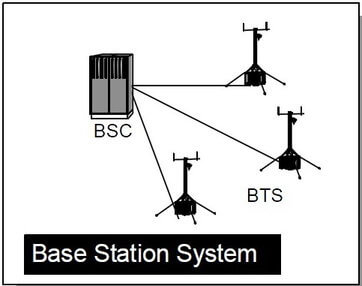What is the full form of BSC(i) B.Sc: Bachelor of ScienceB.Sc. stands for Bachelor of Science. It is an undergraduate academic degree awarded for completing a three-year course in the field of science and technology. It is a popular academic degree course among science students after passing the 12th class examination. This course duration can vary from country to country. It is a three-year course in India and a five-year course in Argentina. This degree is awarded in multiple subjects of science. In India, you can complete B.Sc degree in many subjects like Mathematics, Biology, Computer Science, Information Technology, Physics, Chemistry, Nursing, Social Science, Agriculture, Biochemistry, Biotechnology, BSc Animation, BSc Hospitality and many other subjects. The University of London was the first university in the world which admitted a candidate for the Bachelor of Science degree. B.Sc can be of two types: B.Sc Honours and B.Sc General. Although both degrees are awarded at an undergraduate level, they are slightly different from each other. BSc honours is designed to impart advanced theoretical and practical skills and is a more standardized degree and usually gives emphasis on a specific subject. CriteriaIf you want to take admission in B.Sc, you must have to complete 12th from a recognized board with science subjects like Physics, Chemistry, Biology, and Math. You can choose your B.Sc stream according to your interest and knowledge. Who should pursue a BSc?Anyone who meets the basic requirements for admission-students who passed their class 12 board exams with at least a 50% grade average or an equivalent CGPA with PCM or PCB as their major subject combination from an accredited board-can pursue a BSc. The additional requirements for students to undertake a BSc programme are as follows:
Admission in BScAdmissions to BSc programmes are made based on a combination of merit and entrance exam results. Merit-based BSc admission: Top universities like Mumbai University and Madras Christian College, among others, admit students based on their grade average from high school. Admission to BSc programmes is done through entrance tests at many universities and institutions, including Chandigarh University, IIT Madras, Delhi University, and IGNOU. One of the well-known entrance tests that the majority of Indian public and private universities accept is the CUET. Course Curriculum for BSc Computer Science
Future after B.ScAfter the successful completion of a B.Sc degree, a graduate can apply for a Post Graduate degree in Science (M.Sc) or other post-graduate degrees like a Master of Business Administration. If the candidate is willing to join a job, there are a lot of vacancies in the private and Government sectors for a science graduate with good grades. Some popular job profiles and employment areas for B.Sc graduates are given below: Job Profiles:
Employment Areas:
(ii) BSC: Base Station ControllerBSC stands for Base Station Controller. It is a combination of hardware and software that is used to provide control functions and physical links between the mobile services switching center (MSC) and Base Transceiver Stations (BTS). It allows one or more base transceiver stations (BTS) to communicate with a mobile switching center (MSC) in a wireless network. So, it is a critical mobile network component that controls and monitors one or more base transceiver stations. It is also known as a base station or a cell site. Main Functions of BSCFollowing are the key functions of a Base Station Controller:

Next TopicFull Form
| ||||||||||||||||||||||||||||||||||||
 For Videos Join Our Youtube Channel: Join Now
For Videos Join Our Youtube Channel: Join Now
Feedback
- Send your Feedback to [email protected]
Help Others, Please Share










